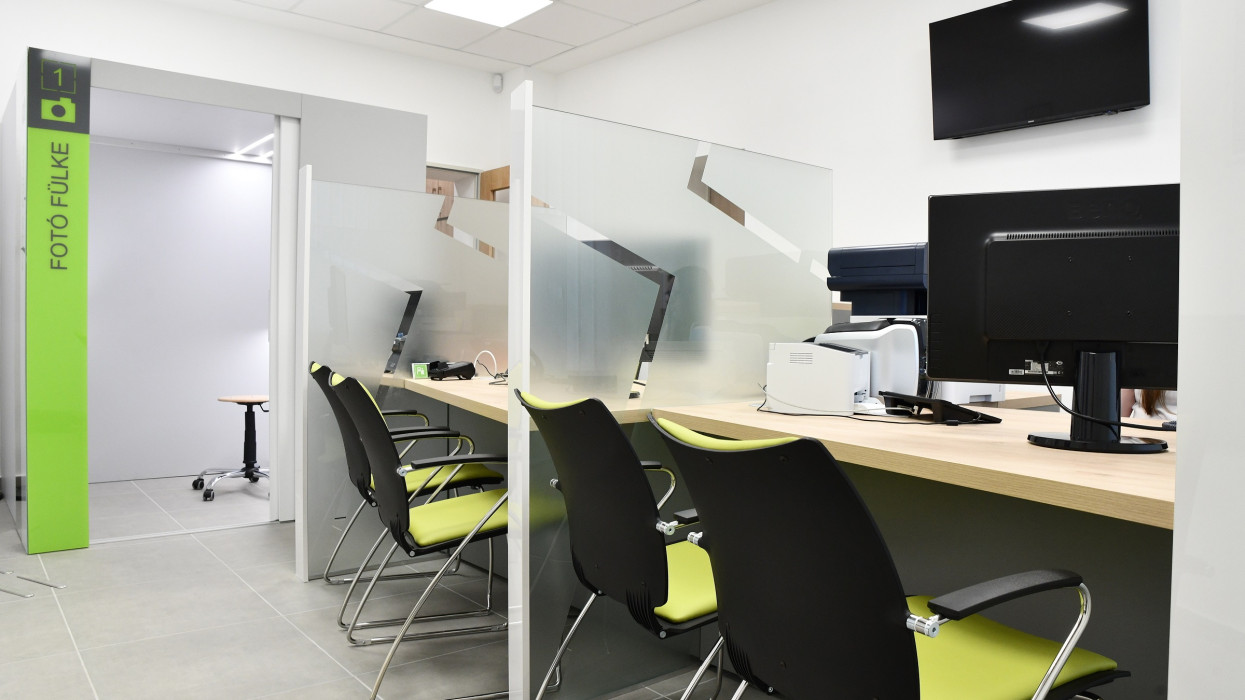To emphasize its leadership many of the world's leading producers/suppliers of biomass pellet production technology will present their latest innovations at the VICTAM International 2015 trade exhibition that is being held at the Koelnmesse exhibition halls in Cologne from 9 – 11June 2015.
Visitors to the event will see a wide range of this specialist equipment as well as many companies that supply auxiliary equipment such as silos, conveyors, de-humidifiers, etc. In all the organisers expect there will be over 250 exhibitors from all over the world.
Against this backdrop, the European Biomass Association (AEBIOM) will host an International Pellet Conference on the 9th of June 2015 in Cologne. The pellet conference will address the most pressing and topical issues for the pellet sector including EU legislative developments, sustainability and market development. Additionally, we will address some of the more technical topics such as pellet quality, pellet safety, efficiency in handling, and indeed, torrefaction - an extremely promising development for the bioenergy sector.
A growing pellet market
Both the European and world pellet markets have grown at an impressive rate in recent years. Since 2000, annual world pellet production has gone from just under 2 million tonnes, to around 24 million tonnes by 2013. Close to half of the pellets produced globally are from the European Union, with the other half produced largely in North America, Russia and China. The growth of the pellet sector has begun to attract new market players who are beginning to enter the fray, with production in Asia, Australia, South America and Africa gradually growing in significance as additional countries discover the potential of the sector. When we look at pellet consumption, the EU also very much leads the way. A net importer of pellets, the EU currently consumes roughly 70% of the pellets produced globally, with significant imports arriving in Europe from overseas.
2013 saw pellet use for heat production exceed its use for power production. Pellet demand in the residential market has steadily grown in recent years, and with a volatile demand for industrial pellets in Europe, industrial pellet producers and international pellet traders are now discovering the residential heat market and its enormous potential. The integration of the industrial and residential markets that we are currently seeing is a game changing development for the pellet sector as it brings a significant increase in market liquidity and security of supply. The constantly increasing demand for pellets in the European heat market open up clear possibilities for large scale pellet market growth. This conference will look at the current trends and developments in the international pellet market as we discuss the present situation and the potential for the future.
Addressing quality and safety
With great market growth comes a pressing need to ensure a high quality product on the market. The ENplus certification scheme has made great strides in ensuring the high and consistent pellet quality we now see on the European market. The ENplus seal guarantees a high quality in both the product and its handling along the entire supply chain right up to the end consumer. ENplus also works to ensure sustainability along the value chain, strengthening the sector's position as a sustainable fuel source. The ENplus scheme was developed by the sector, for the sector, and employs the services of independent bodies to fairly manage the certifications. The system is adaptable to the needs of the market, and all financial proceeds from the scheme are reinvested into the development of the pellet sector. The impact of ENplus on the pellet market is clear. With almost 6,5 million tonnes of certified pellets worldwide, ENplus ensures the quality of around 60% of the EU's domestic pellet consumption for residential heating. Over 170 producers and 250 traders have responded to an increasing consumer confidence in the scheme by becoming certified. ENplus certified production is now located in 27 countries, further demonstrating the key role ENplus is seen to play in maintaining a high quality of pellets.
In addition to this, there are numerous safety considerations that need to be looked at. The manufacturing, handling and use of woodpellets or pellets from torrefied biomass pose serious safety issues. Wood dust can lead to explosions and fires, pellets in storage can heat up, generate CO and even self-ignite. Safety and health issues can also occur along the supply chain and during the end use as fuel in power plants and heating devices.
We will look at both of these important aspects in Cologne. The ENplus scheme and its importance to the market will be presented and participants will be able to get a clear picture of how this scheme has benefitted the market since its initial introduction in Germany in 2010. On top of this we will look at some of the important safety considerations that are becoming increasingly important with the growth of the sector.
Looking at important innovations
The International Pellet Conference will also offer an excellent opportunity to discuss a key technological development; torrefaction is a thermal pre-treatment technology which produces a dry, brittle and water-resistant product with superior handling, milling and co-firing capabilities than other biomass fuels. Its characteristics make it much easier to grind and store than conventional biomass materials and reduce biological degradation in storage. Torrefaction is considered to be a breakthrough technology due to its ability to reduce handling and storage costs, and decrease investment costs for co-firing applications. AEBIOM's International Biomass Torrefaction Council (IBTC) group will lead what promises to be a very interesting discussion on this topic.
The Conference Organisers
This conference is organised by the European Biomass Association (AEBIOM). AEBIOM is the common voice of the European bioenergy sector and works to develop the market for sustainable bioenergy and ensure favourable business conditions for its members. Within AEBIOM, the European Industry of Pellet Suppliers (EIPS) serves as a platform of European companies focused on the wood pellet industry and is made up of 16 companies. Additionally within AEBIOM, the International Biomass Torrefaction Council (IBTC) is a networking platform of like-minded companies, formed to promote the use of torrefied biomass as an energy carrier in Europe, to undertake studies of projects, and to put forward a common voice.
Mill Tour:
Victam will also be arranging a tour of a modern biomass pellet production facility. This will be free of charge to all registered visitors to the exhibition. Further information regarding this will follow.
For further information on the exhibition and/or the conference please go to www.victam.com







